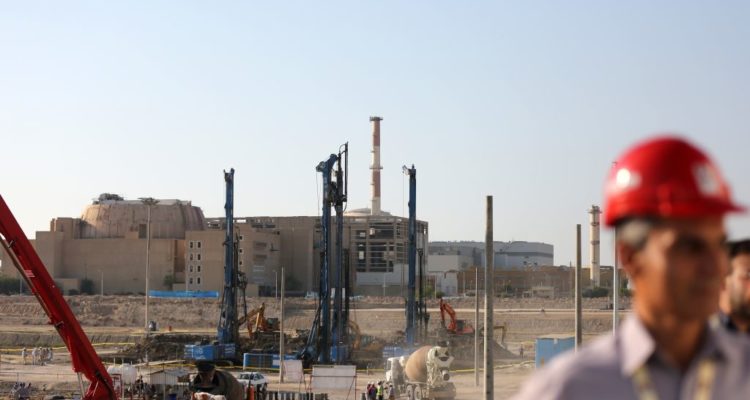Despite media reporting last month that an agreement enabling the US to rejoin the Iran nuclear deal was close, negotiations have stalled. What’s not clear, at least publicly, is why. Are there lingering differences over previously identified issues, new demands or side effects of Russia’s invasion of Ukraine?
In early February, before the Russian invasion began, well-informed and reliable reporting claimed that both sides expected to resolve the remaining sticking points, and that the US would rejoin the nuclear agreement (officially the Joint Comprehensive Plan of Action or JCPOA) very soon. The implication was that it would all be done in less than a month. But more than a month has now passed.
Although specifics of the negotiations have not officially been made public, two major points of contention were likely: agreement on which sanctions would be lifted and establishment of a process to verify that sanctions had, in fact, been lifted.
Iran wanted sanctions lifted across three categories: those directly related to the JCPOA; those indirectly identifiable with the agreement (such as sanctions allegedly rebadged under other pretexts, including human rights, to blur the direct relationship); and unrelated sanctions imposed for other reasons on individuals (such as the Iranian leadership), organisations (such as the Islamic Revolutionary Guard Corps (IRGC), which the US designated as a foreign terrorist organisation in 2019) and businesses (such as those in defence industries).
Read the article by Ian Dudgeon in The Strategist.

